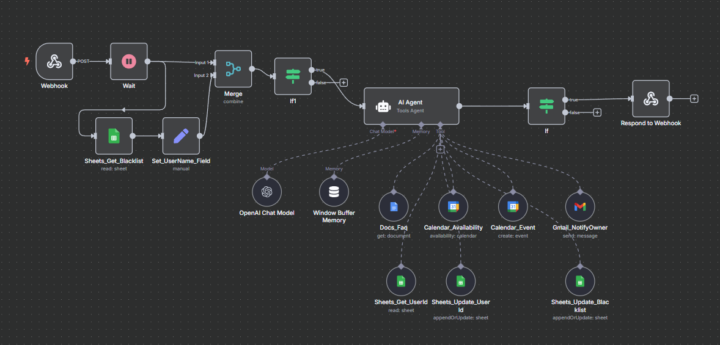
Write something
Rights vs. Privileges: Substance vs. Shadow in the Title Game
Rights vs. Privileges: Substance vs. Shadow in the Title Game “Equity looks to the substance, not the shadow.” – Pomeroy’s Equity Jurisprudence What does that mean? In the legal world, most people are operating under the shadow of title—the illusion of ownership, the illusion of standing, the illusion of consent. But equity sees through the shadow to the substance: the true equitable interest. Shadow System (Public Commerce): - You hold legal title (on paper), but not real control. - You’re named as the debtor, the surety, the trustee. - Your driver’s license, mortgage, deed, or bank account names the all-caps fiction—JOHN DOE. - You perform duties and liabilities for privileges granted. - This is shadow title: you appear to own it, but the State, lenders, or agencies are the real beneficiaries. Substance System (Exclusive Equity): - You hold equitable title: the beneficial interest in your name, estate, and trust. - You stand as living man or woman, not as surety for the NAME. - You don’t ask for permission—you demand fiduciary performance from those managing the trust. - This is substance: ownership, control, and enforceable rights. Pomeroy’s Principle in Practice: - Legal title is what the world sees—it’s the shadow. - Equitable title is what the truth reveals—it’s the substance. - The court of chancery (equity) protects the substantive interest, even when the shadow deceives. “He who has the equitable interest is, in truth and in conscience, the real owner.” Your Remedy? - Rebut the shadow. - Assert the substance. - Function only as the beneficiary of the estate trust, never the trustee or surety. - Equity will protect your substance, if you invoke it properly. #PomeroyOnEquity #SubstanceNotShadow #EquityTitle #TrustLaw #PrivateStanding #NameEstateRemedy #EquitableRights #SovereignRemedy #LivingBeneficiary
Automating PDF Data Extraction with n8n + AI
Hello! I have published a new, concise tutorial that demonstrates how to build an end-to-end workflow in n8n that automatically: 1. Retrieves PDF files from cloud storage 2. Applies OCR and LLM parsing for accurate data extraction 3. Writes the structured results to Excel. I would appreciate any feedback or questions. If you need the n8n blueprint or wish to discuss specific use cases, feel free to let me know.
2
0
Use AI Chatbot for yourself or clients 24/7
Howdy Lawyers! I saw someone asking about an AI Agent, and I remember that I built an AI Chatbot a while ago using ManyChat, in which it can receive and reply messages from facebook, instagram, telegram, whatsapp and many more platforms, and you can attach a Google Doc with FAQ and even schedule meetings. Here's it for you guys, for free! =)
1
0

Trying to figure out what to file in which court
My children were taken from me based on hearsay and the courts opinion of my mentally wellness disregarding the testomy of my psychologist and written testimony of a psychiatrist that I’ve seen as well both claiming that I am mentally capable and able, I do not have mental illness. If anything I have PTSD from abuse from my ex-husband towards me and my children, the judge completely misconstrued this and took my children away for me primarily, I get to see them 14 hours a month and also made up a number of 5400 for my income each month and then charged me with paying 4400 in child support which is unlivable. I also testified that I would I was making 3500 that month, but he just went ahead and made it up anyways I want to make a declaration of my parental rights my constitutional rights. This is bullshit and I want to find out something I want to be done and I want to call them now I want my rights to be given to me.
1-5 of 5
powered by

skool.com/lawgeeksorg-9513
Our truly and sincerely held mission is to teach law so that individuals can make their own decisions and take their matters before the judges. Deut19
Suggested communities
Powered by




